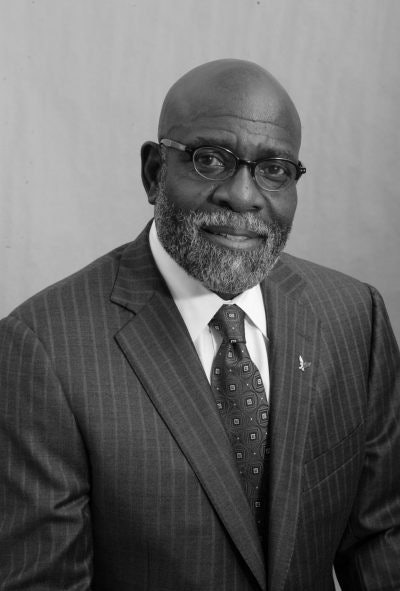Dear Trustees,
After a lengthy debate with myself about whether to write you this letter, I decided that my love for HBCUs and concern about their future far outweigh any criticism or recriminations I might incur. As a proud HBCU alumnus, advocate, philanthropist, and higher education administrator, and three-time chancellor with more than five decades of teaching and leadership in the academy, I hope I have earned the right to share the views that follow. If you think otherwise, please attribute all mistakes to my head, and not my heart. This past week, I received six telephone calls within a twenty-four-hour period expressing concern about one aspect or another of HBCU governance and requesting my direct assistance or referral. There is something beyond those requests that I feel compelled to address.
 Dr. Charlie Nelms
Dr. Charlie NelmsBefore proceeding, I want to acknowledge and express my profound appreciation to those of you who understand and embrace your role as trustees of HBCUs. I know first-hand of your commitment, passion, and professionalism, because I have had the privilege of working with you as an HBCU chancellor and as a senior consultant with the Association of Governing Boards of Universities and Colleges. I am encouraged by the way many of you fulfill your duties as trustees, and I am optimistic about the future of HBCUs because of professionals like you.
Although I have lost count of the number of HBCU presidential vacancies and recent appointments, suffice it to say I believe the number of vacancies is far too high in proportion to the number of HBCUs as a percent of the total number of colleges and universities. The situation is so dire that some presidents are not in office long enough to be officially inaugurated. This is unacceptable, and alumni and other institutional constituents become part of the problem when they refuse to speak out in a constructive manner. Come on y’all: the value of your degree is at stake, and so is the credibility of your alma mater!
Based on my personal observations of HBCU governance, combined with the recent calls I’ve received requesting assistance, I respectfully offer the following suggestions for your consideration:
- Refrain from rushing to replace your president, and consider instead using the The Registry, an internationally recognized firm that specializes in placing interim presidents, provosts, and other senior level administrators in higher education. Founded in 1992 by two college presidents, The Registry has served more than 1,000 colleges and universities. Whether you use The Registry or not, there are other means of identifying and securing the services of experienced administrators who can do more than act as placeholders until a permanent president is identified and retained.
- Refrain from appointing a fellow member of the board of trustees as interim president. The potentially negative optics of doing so notwithstanding, a great trustee with the best of intentions does not necessarily translate into an effective university president.
- Establish appropriate and realistic performance objectives for the president, empower that person to do the job, and get out of the way. College presidents are not miracle workers, and I implore you to be fully transparent in sharing with them the status of the university, especially related to accreditation, budget, and audit challenges, and matters surrounding student success.
- Do not confuse being a university trustee with being the president’s boss; trustees are fiduciaries of the university. As fiduciaries, you have the duty of loyalty, the duty of care, and the duty of obedience; you must serve a public interest, and act diligently in those interests. If you ever forget these basic responsibilities, or choose to forego the fulfillment of them, then please resign—without being asked to do so!
- What you don’t know can hurt you and the institution. Continuing education and board development are essential to becoming a consequential board member. Know and practice effective governance practices in all that you do. Trustees should never end a board meeting without considering this basic question: “What did we do during the meeting to advance the mission of the university, for which we have agreed to serve as a fiduciary?”
- Practice the art of sharing your expertise, without imposing your preference or will on the president.
August 2021 is a pivotal period in the life of the academy and other institutions held in high regard by the public. If there was ever a new normal facing humankind, that time is now. How the higher education community responds, especially HBCUs and other historically disenfranchised institutions, will determine their relevance and responsiveness for the future. There’s one thing for sure: dysfunctional governance is not one of the factors that HBCU presidents should have to contend with going forward.
Yours in service,
Charlie Nelms
HBCU Advocate and Retired Chancellor
Dr. Charlie Nelms is chancellor emeritus at North Carolina Central University.
















